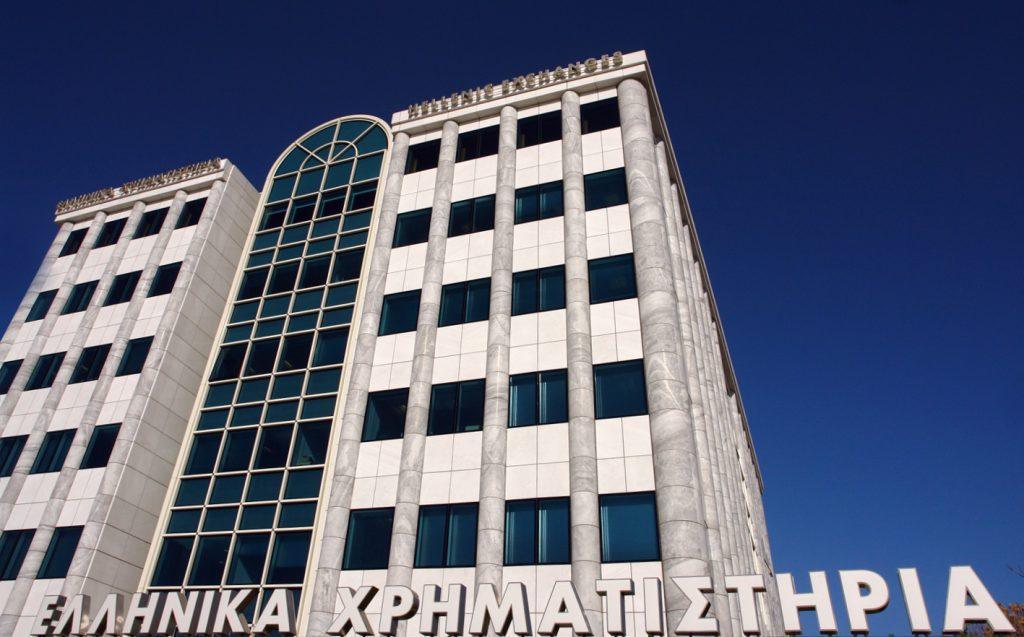According to this year’s “Housing in Europe” study by Eurostat, Greece is the leader among EU countries in housing cost overburden rates (housing costs representing more than 40 percent of disposable income).
In 2022, overburden rates reached 27.3 percent in Greece compared to the 10.6 percent EU average. In other words, the average share of disposable income dedicated to housing costs in the country was 34.2 percent whereas the EU average stood at 19.6 percent. The data showed that 72.8 percent of Greeks lived in houses they owned.
Denmark (22.5 percent), while the lowest in Slovakia (2.3 percent and Croatia (2.6 percent)
The latest data from EUROSTAT sheds light on the state of housing in EU member states, revealing statistics regarding homeownership rates, housing sizes, quality, and the financial burden related to housing.
Greece’s negative lead extends to rural areas, as it tops the list (24.2 percent) in relative terms, followed by Bulgaria (18.1 percent). Conversely, Malta (0.2 percent) and Cyprus (0.5 percent) are at the lowest percentages, with the European average at 6.6 percent.
Investment in Housing
The data regarding the share of housing costs in total disposable income in the EU show that 19.6 percent of disposable income is allocated to housing costs, with higher percentages observed in Greece (34.2 percent), Denmark (25.4 percent), and Germany (24.5 percent).
Homeownership vs. Renting
Regarding homeownership rates, 69 percent of the EU population resides in dwellings they own, while the remaining 31 percent live in rented apartments or houses. Romania (95 percent), Slovakia (93%), Croatia and Hungary have the highest homeownership rates. In Greece, 72.8 percent of the population owns their residence.
Regarding the type of dwelling, 52 percent of the EU population lives in houses, while 58.2 percent of Greeks reside in apartments, and 41.8 percent in houses. Countries with the highest house residency rates are Ireland (89 percent), the Netherlands (79 percent), Croatia, and Belgium (77 percent).
Compared to the EU average, housing costs significantly differ among member states. Ireland (112% above the EU average), Luxembourg (87 percent), and Denmark (82 percent) reported the highest housing costs in 2022, while Bulgaria (63 percent below the EU average) and Poland (60 percent) had the lowest.
Source: to vima.com






































